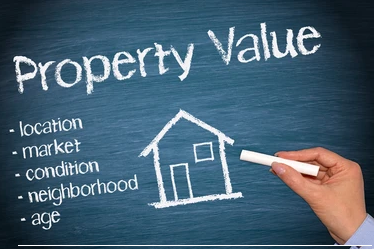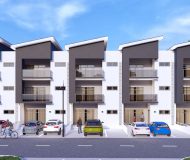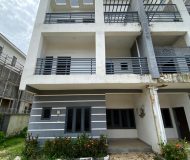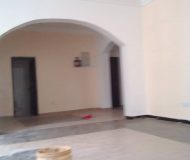
6 Things to Consider When Exploring Rental Properties
Perusing through a rental agreement might leave you wondering about the extent of your freedoms within the confines of your new home. The guidelines governing residential rental properties aim to ensure landlords receive their properties back in the same condition as they rented them out. However, by communicating openly and respectfully with your landlord, you may find surprising flexibility in what you can do.
- Pet Ownership:
Even if your rental agreement stipulates a “no pets” policy, many landlords may consider exceptions. By presenting a well-prepared pet resume demonstrating your pet’s responsibility and compatibility, you might sway your landlord’s decision in favor of a furry companion. - Adding Doors or Walls:
Considering altering the layout of your rented space by adding doors or walls? While some tenants have successfully made modifications, it’s advisable to seek permission first. Unapproved alterations may result in financial responsibility for restoration upon lease termination. - Installing a Security System:
Modern security systems offer wireless options that require no internal wiring, making them suitable for rental properties. With app-based control features, these systems provide flexibility for tenants who may relocate in the future. - Kitchen Renovation:
Interested in upgrading an aging kitchen? Negotiate with your landlord to cover some or all of the renovation costs in exchange for your efforts in coordinating the project. Long-term tenants may find this arrangement mutually beneficial. - Hanging Pictures:
Many landlords permit tenants to hang pictures or photo frames with prior approval, provided they agree to repair any resulting damage before vacating the property. - Painting the Property:
Displeased with the wall colors? Some landlords may permit tenants to repaint the property, particularly if done professionally and with consultation regarding color choices. While not all landlords will agree, it’s worth exploring this option if it enhances your living experience.
Ultimately, open communication and mutual respect between tenants and landlords can lead to mutually beneficial arrangements that enhance the rental experience.






